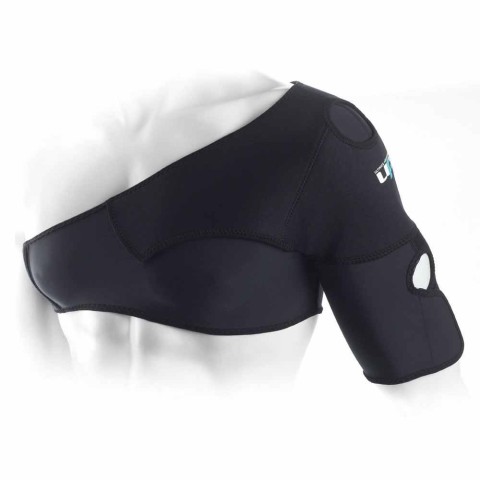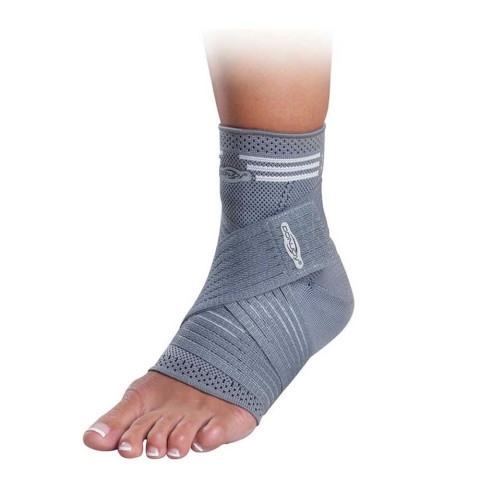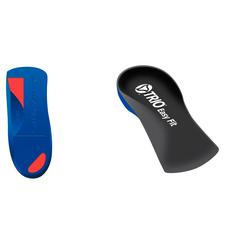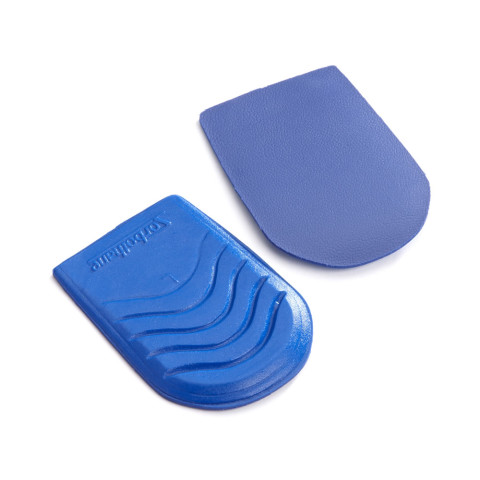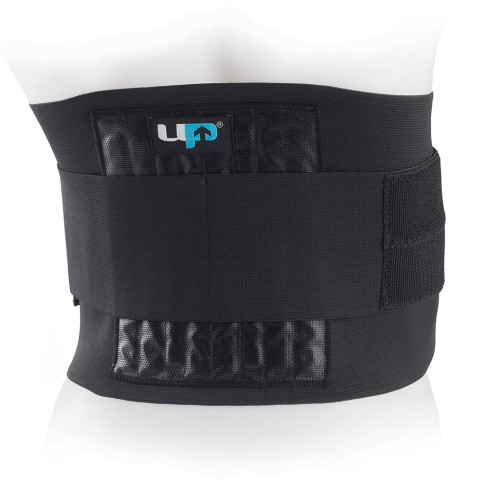Knee & Sports Injury Clinic
Bristol
Email: boc@orthopaedics.co.uk
NSAID’s (Anti-inflammatory medication)
What are anti-inflammatory painkillers?
Anti-inflammatory agents have an effect in reducing inflammation. This is usually in association with musculo-skeletal inflammation of an arthritic joint or following an injury. Such inflammation is commonly associated with local pain, swelling, redness and stiffness. Anti-inflammatory agents have an effect to reduce these symptoms.
Types of anti-inflamatories
Although anti-inflammatory agents come in many forms types including injections. By far the two most common types of anti-inflammatory agents are cortico-steroids and the Non Steroidal Anti-inflammatory Drugs (NSAID’s). Cortico-steroids are reserved for severe and resistant inflammatory conditions under careful supervision. The side effects of cortico-steroids include osteoporosis and weight gain. The most commonly encountered anti-inflammatory agents are the NSAID’s. These have far fewer side effects and are widely used both on prescription and over the counter at pharmacies and supermarkets.
NSAID’s
There are over twenty different types. They include: Aceclofenac, Acemetacin, Aspirin, Azapropazone, Dexketoprofen, Diclofenac, Diflunisal, Etodolac, Etoricoxib, Fenbrufen, Fenoprofen, Flurbiprofen, Ibuprofen, Indomethacin, Ketoprofen, Mefanamic acid, Meloxicam, Nabumetone, Naproxen, Piroxicam, Rofecoxib, Sulindac, Tenoxicam, Tiaprofenic acid, and Valdecoxib. Each of these drugs also come as various brand names. Simple Aspirin is a similar drug and has a mild NSAID effect similar to the other NSAIDs.
Aspirin, Ibuprofen, Brufen are available without a prescription from pharmacies and shops. The detailed instruction leaflet should be read carefully before starting treatment.
Recently Celecoxib a cox-2 type of NSAID was withdrawn from circulation following the discovery of a small potential increase in cardiovascular complications with long term use. The situation as to which NSAID’s are currently licensed and available is available through your general practitioner. These drugs are only available on prescription and therefore your own doctor will be able to advise you on the specific type of drug most suitable for the individual patient.
How do anti-inflammatory painkillers work?
Anti-inflammatory agents work mainly by reducing the amount of prostaglandins that are made. Prostaglandins are chemicals which are released by cells at sites of injury. Prostaglandins are involved in causing inflammation and swelling. They also ‘sensitise’ nerve endings which can cause pain. Anti-inflammatory painkillers stop certain enzymes (chemicals) from working which are needed to make prostaglandins. Thus the process of inflammation is blocked which results in less local pain, swelling, redness and pain.
In this section you can view the products we have specially selected and recommend for the range of different conditions. Click on the link to explore the products for each joint. Follow the link to find how to use each product is used, how it works and what to do if the problem does not resolve. To purchase the item please follow the links to the associated web site.







